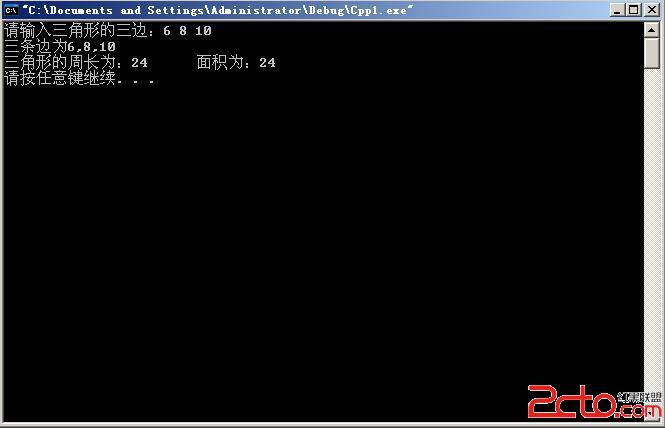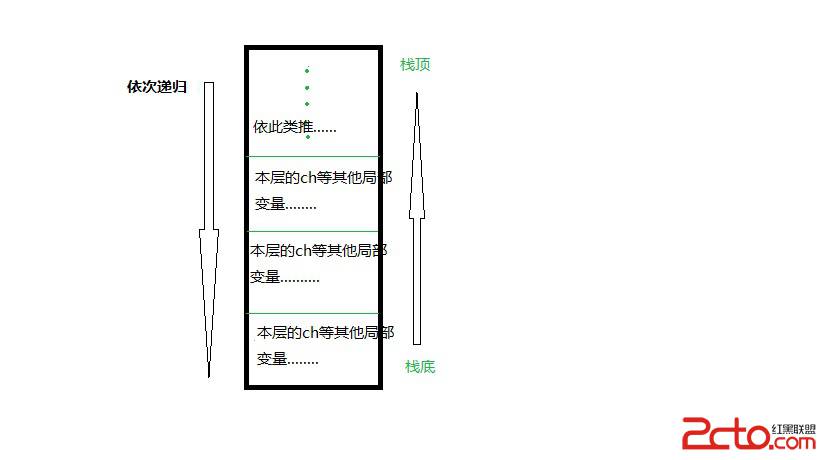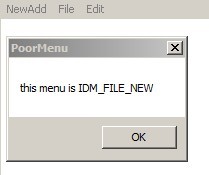问题一百二十三:统计子串
[plain] Description
输入一个字符串str和一个子串s,统计str中子串s的个数。
Input
输入数据有2行,第一行为str,第二行为s,字符串长度不超过128。
Output
输出子串的个数
Sample Input
sdf$$$sdf$$
sdf
Sample Output
2
Description
输入一个字符串str和一个子串s,统计str中子串s的个数。
Input
输入数据有2行,第一行为str,第二行为s,字符串长度不超过128。
Output
输出子串的个数
Sample Input
sdf$$$sdf$$
sdf
Sample Output
2
[plain] #include <stdio.h>
#include <string.h>
int main()
{
int i;
int j;
int l;
int n;
int m;
int count;
int flag;
char a[129];
char b[129];
gets(a);
gets(b);
n=strlen(a);
m=strlen(b);
count=0;
for(i=0; i<n; i++)
{
flag=1;
j=0;
if(a[i]==b[j])
{
l=i;
for(j=1; j<m; j++)
{
if(b[j]!=a[++l])
{
flag=0;
break;
}
}
if(flag)
{
count++;
}
}
}
printf("%d", count);
return 0;
}
#include <stdio.h>
#include <string.h>
int main()
{
int i;
int j;
int l;
int n;
int m;
int count;
int flag;
char a[129];
char b[129];
gets(a);
gets(b);
n=strlen(a);
m=strlen(b);
count=0;
for(i=0; i<n; i++)
{
flag=1;
j=0;
if(a[i]==b[j])
{
l=i;
for(j=1; j<m; j++)
{
if(b[j]!=a[++l])
{
flag=0;
break;
}
}
if(flag)
{
count++;
}
}
}
printf("%d", count);
return 0;
}
补充:软件开发 , C语言 ,





